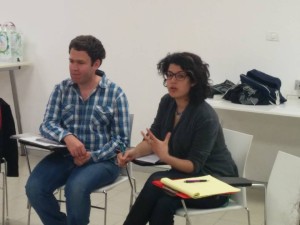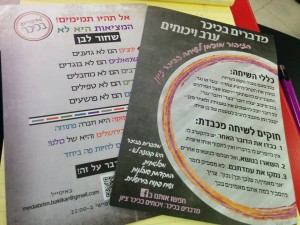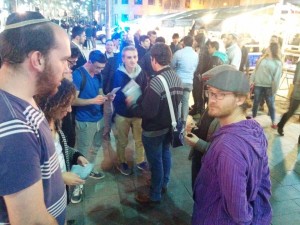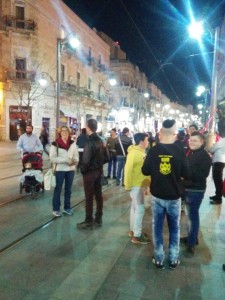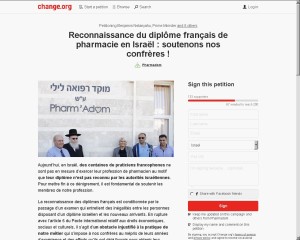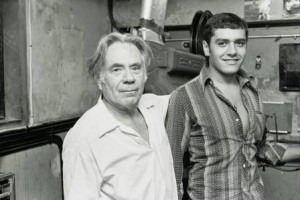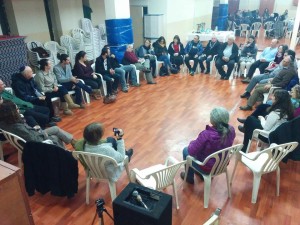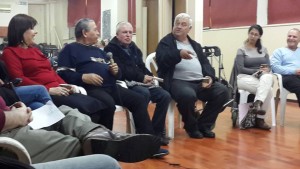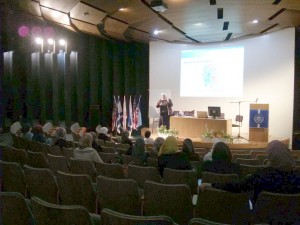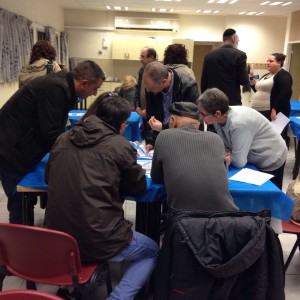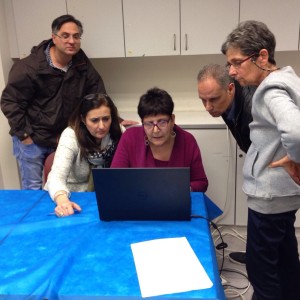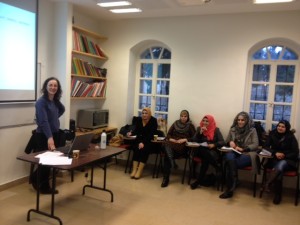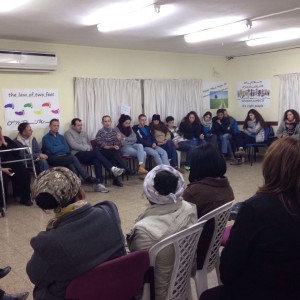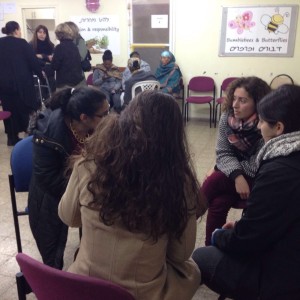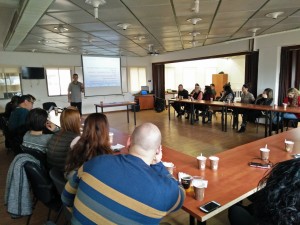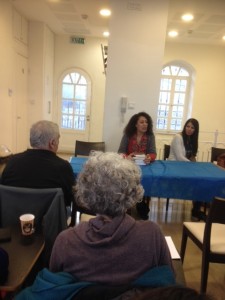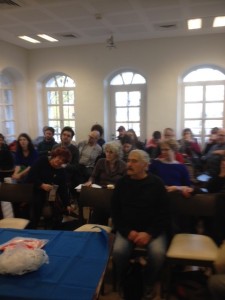Fighting Racism and Xenophobia through Effective Dialogue
Last Thursday, Speaking in the Square activists, including our own Michal Shilor, led an Effective Dialogue workshop, as part of the 9Adar Project – the Jewish Week of Constructive Conflict, which is operated by the Pardes Institute of Jewish Studies together with Mosaica: The Center for Conflict Resolution by Agreement.
Here are some conclusions that were posted by the Gishurim program / Mosaica (in Hebrew):
- Something good is happening in Jerusalem.
- More specifically, something good is happening in Zion Square. 🙂
- If you want to have dialogue with someone whose opinion contradicts yours, try to find a point of agreement between you.
- When you speak with someone else, listen, really listen to him or her. Try and learn something new.
- Sometimes we enter into a conversation and forget what we were originally arguing about, our goal in the conversation. It’s important to keep asking yourself what you want to achieve with what you’re saying.
- Try to find positive points about the person with whom you do not agree / like. Sometimes it’s very difficult. But each discussion will look different if you try.
- It’s very easy to let a lot of anger loose in a heated argument. Try to have a pleasant discussion, one that preserves everyone’s personal space and mutual respect.
Members of Speaking in the Square have been successfully developing the Effective Dialogue methodology since they began providing an alternative to racist activists from the Lehava organization in Zion Square in the summer of 2014. In recent months members have held a number of workshops that explain the principles of Effective Dialogue.
Effective Dialogue assumes that a common denominator between two people can be found, even if differences at first seem gaping. Much of the conversation is concentrated on finding elements to agree upon. The goal is to show the other that not everything is black and white, that there are many shades of gray in each issue.
We had about 20 people at the theoretical training, and 5-6 joined the Speaking in the Square regulars in Zion Square to try out their new skills, including with Lehava members.

